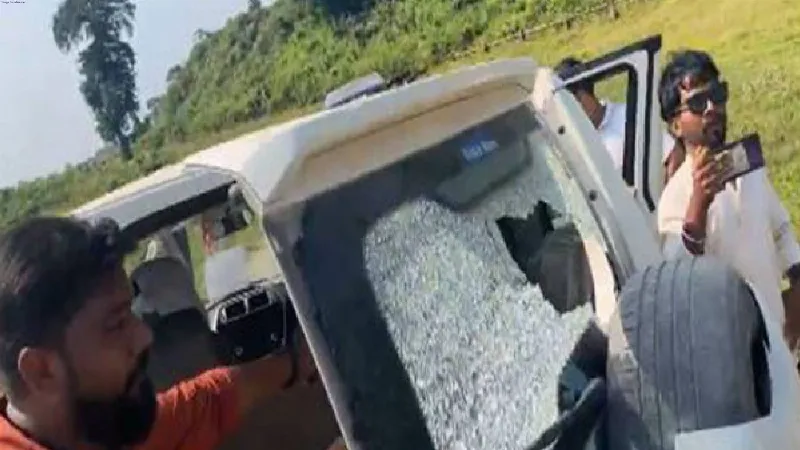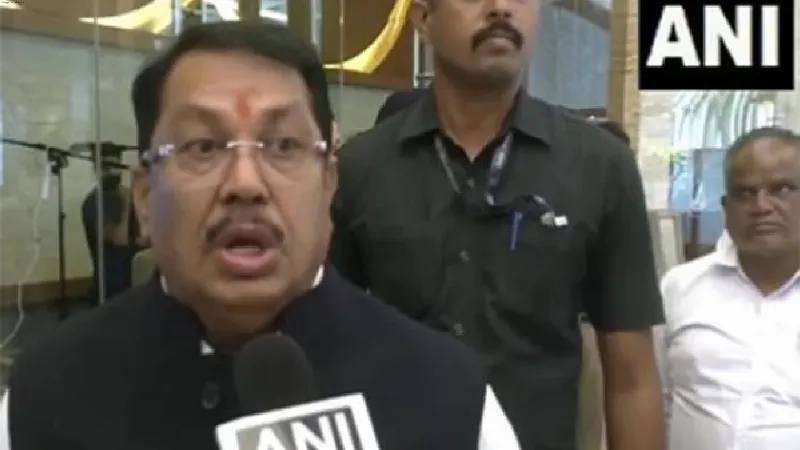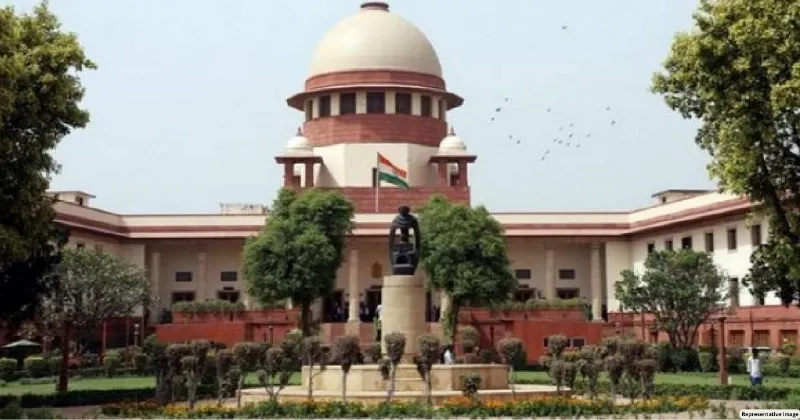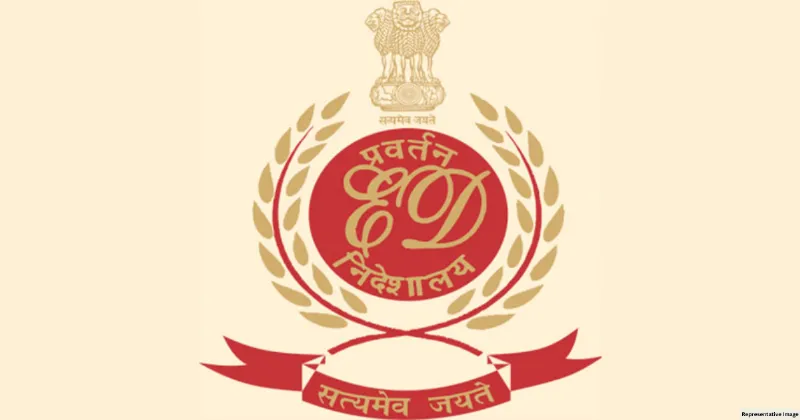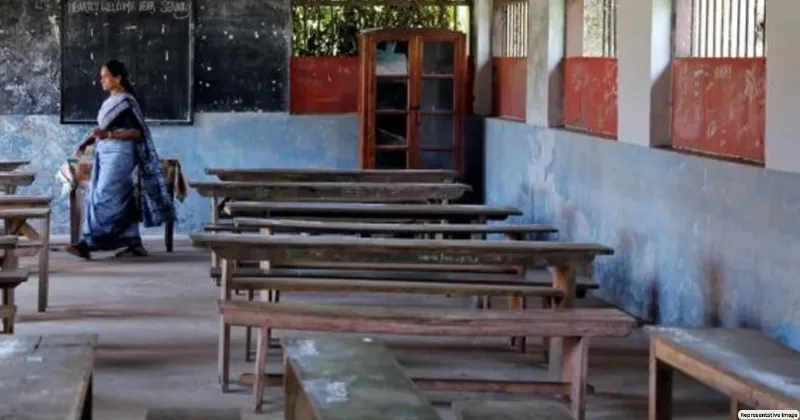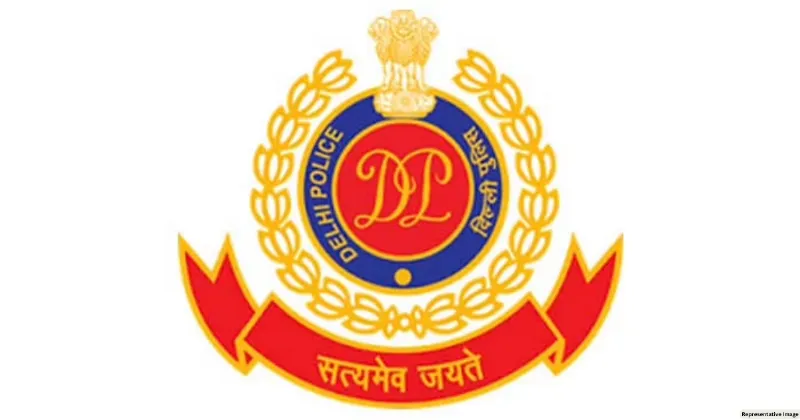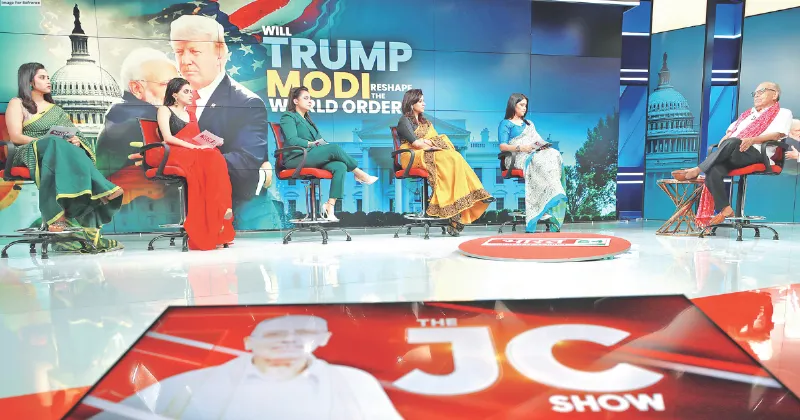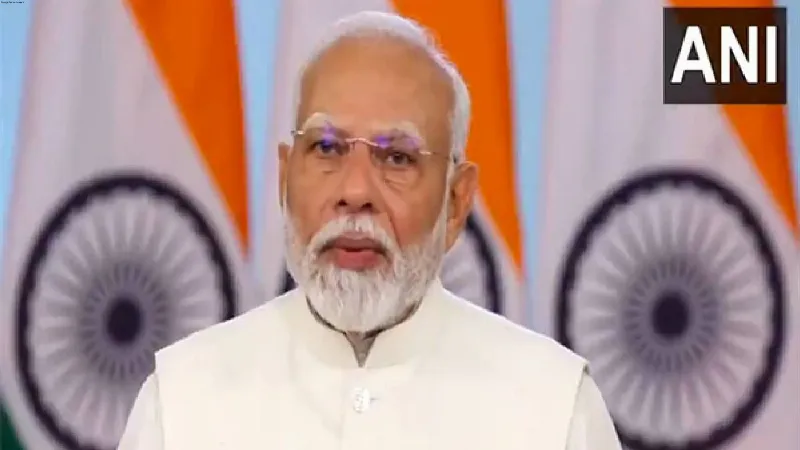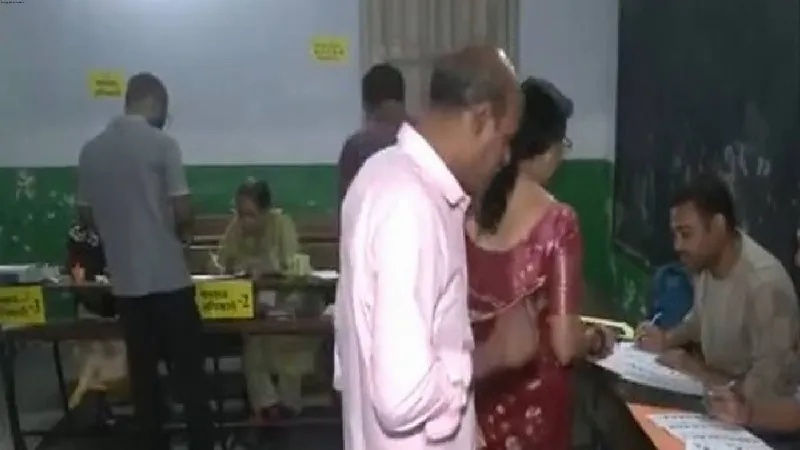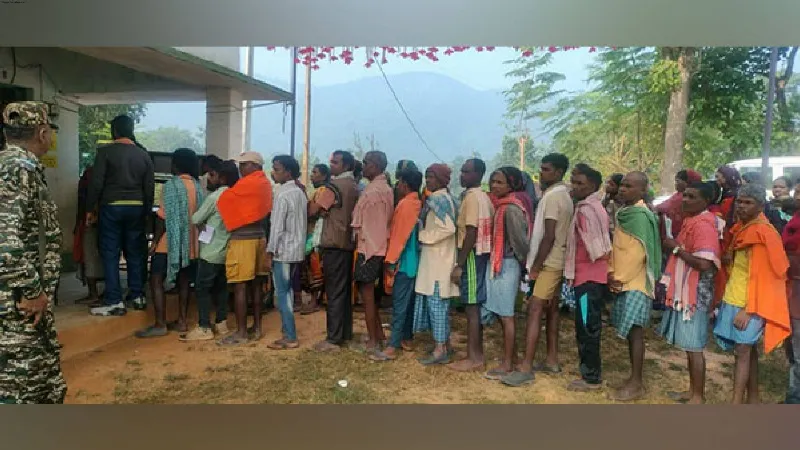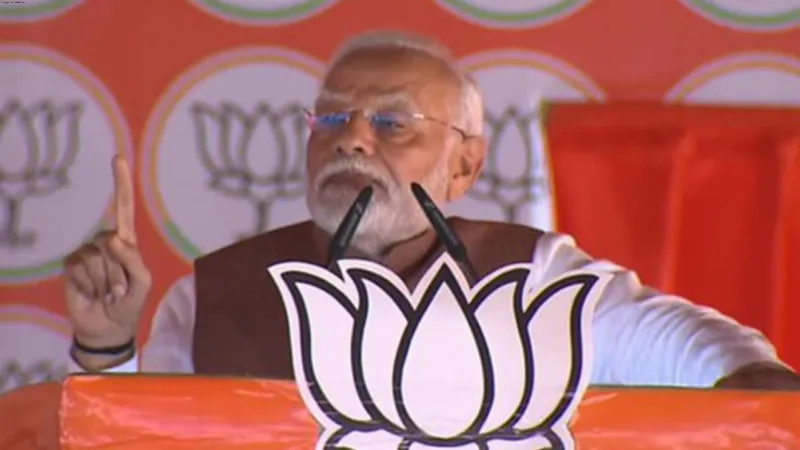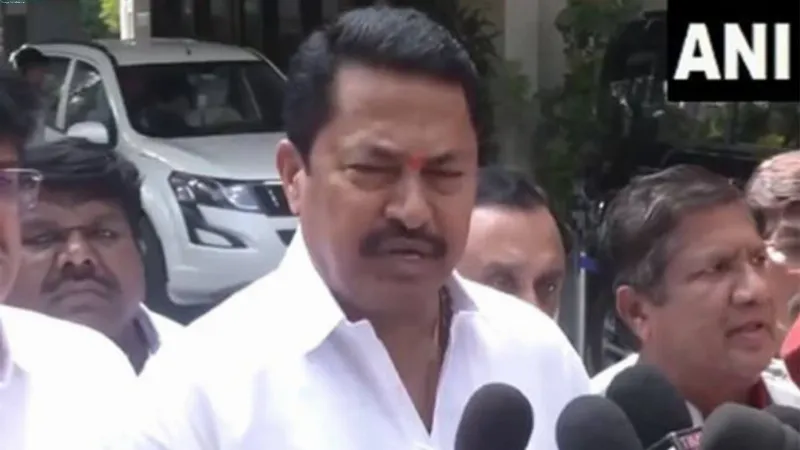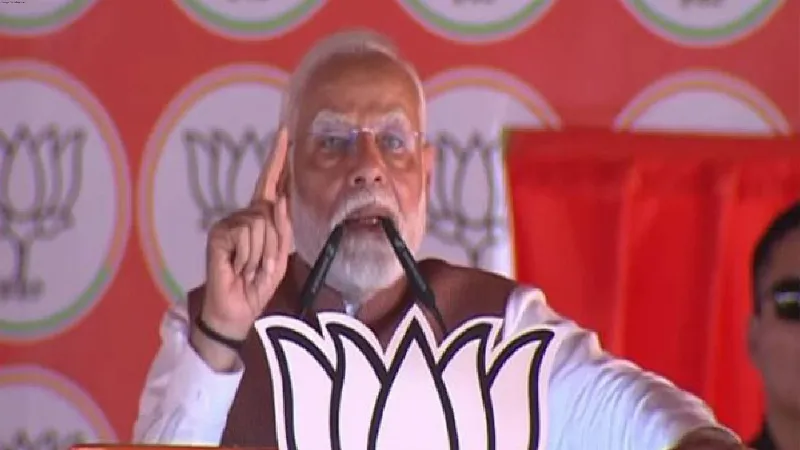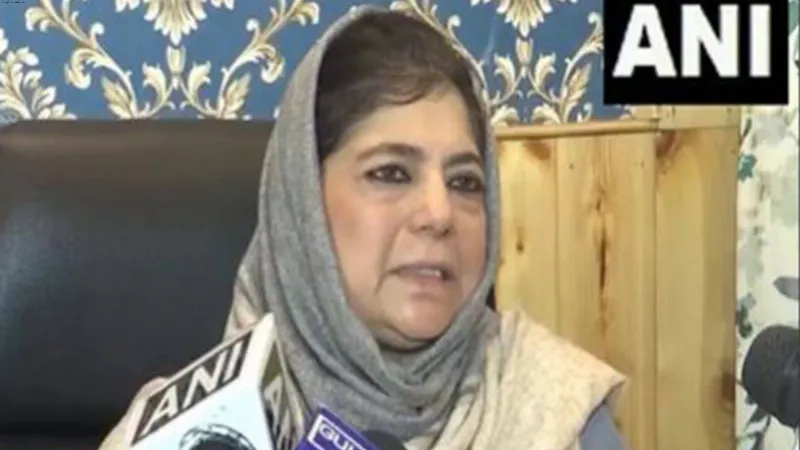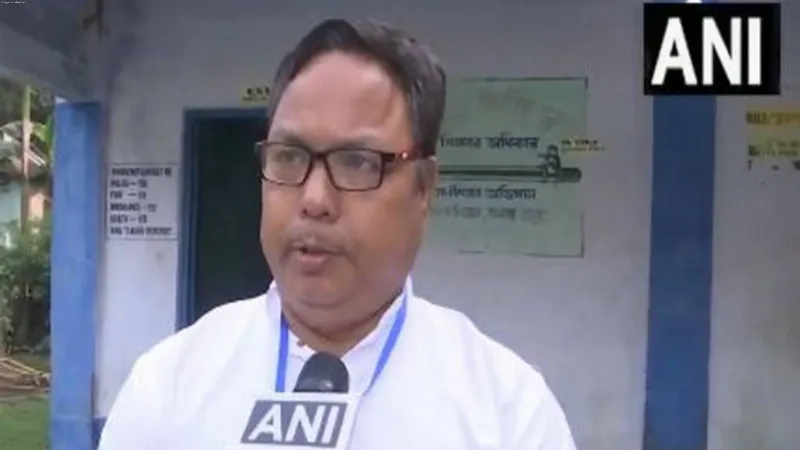Latest News
India's milk production growth 3-times higher than global average
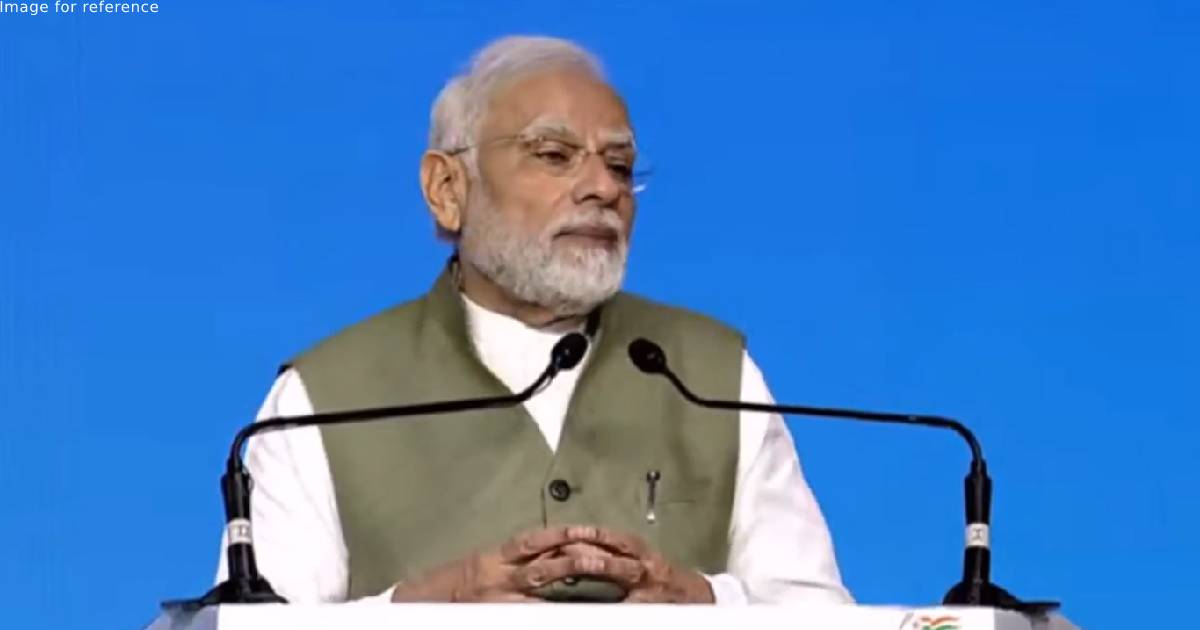
New Delhi: Prime Minister Narendra Modi while highlighting about the substantial increase in domestic milk production in recent years said the country's annual milk production growth is three times higher than the global average.
The Prime Minister underlined that the government has worked relentlessly to enhance the potential of India's dairy sector since 2014. This has led to an increase in milk production thereby leading to an increase in the income of farmers. "India produced 146 million tonnes of milk in 2014. It has now increased to 210 million tonnes. That is, an increase of about 44 per cent. As compared to the 2 per cent production growth at the global level, India is clocking the milk production growth rate at more than 6 per cent," the Prime Minister pointed out.
Addressing the inauguration event of the International Dairy Federation World Dairy Summit (IDF WDS) 2022 organised at India Expo Centre & Mart, Greater Noida, today, the gathering, the Prime Minister expressed happiness that all the dignitaries from the world of dairy have assembled in India today.
The Prime Minister said that the World Dairy Summit is going to be a great medium for the exchange of ideas.
"The potential of the dairy sector not only gives impetus to the rural economy but is also a major source of livelihood for crores of people across the world", he said.
The Prime Minister underlined the centrality of 'Pashu Dhan' and milk-related business in the cultural landscape of India.
"India's dairy sector is characterized by "production by masses" more than "mass production". India is the largest milk-producing country on the basis of the efforts of these small farmers with one, two or three cattle. This sector provides employment to more than 8 crore families in the country," he said.
Explaining the second unique characteristic of the Indian dairy system, the Prime Minister reiterated that there is such a huge network of Dairy Cooperative in India, and one cannot find such an example in the whole world elsewhere.
"These dairy cooperatives collect milk twice a day from about two crore farmers in more than two lakh villages in the country and deliver it to the customers," he said.
He further drew everyone's attention to the fact that there is no middleman in the entire process, and more than 70 per cent of the money that is received from the customers goes directly into the pockets of the farmers.
"No other country has this ratio in the whole world", the Prime Minister added.
He also underlined the efficiency of the digital system of payment in the dairy sector and said that it has many lessons for other countries.
Another unique feature, according to the Prime Minister, is the indigenous breeds that can withstand many adverse circumstances.
He gave the example of the sturdy buffalo breed of Banni Buffalo of the Kutch region of Gujarat.
He also talked about other buffalo breeds such as Murrah, Mehsana, Jafrabadi, Nili Ravi, and Pandharpuri; among the cow breeds, he mentioned Gir, Sahiwal, Rathi, Kankrej, Tharparker and Haryana.
PM Modi highlighted the power of women in the dairy sector, the Prime Minister pointed out that women have a 70 per cent representation in the workforce in India's dairy sector.
"Women are the real leaders of India's dairy sector. Not only this, more than a third of the members of dairy cooperatives in India are women. At more than eight and a half lakh crore rupees, the dairy sector is more than the combined value of wheat and rice. This is all driven by the women power of India," he said.
The Prime Minister said that the government is working on developing a blanched dairy ecosystem where challenges of the sectors are being addressed along with a focus on increasing production.
"Extra income for the farmers, empowerment of the poor, swachhta, chemical-free farming, clean energy and care of the cattle is interlinked in this ecosystem. He stressed that animal husbandry and dairy are being promoted as a powerful medium of green and sustainable growth in the villages. Schemes like Rashtriya Gokul Mission, Goberdhan Yojna, Digitization of dairy sector and universal vaccination of cattle along with steps like banning single-use plastic, are steps in that direction," he said.
Drawing an analogy to farming, the Prime Minister said that animal husbandry and farming require diversity, and monoculture might not be the only solution.
The Prime Minister stressed that today, India is paying equal attention to both indigenous breeds and hybrid breeds. He further elaborated that it will also reduce the risk of damage caused by climate change.
The Prime Minister addressed another major problem that is affecting the income of farmers which is the diseases of animals.
"When the animal is sick it affects the life of the farmer, affecting his income. It also affects the efficiency of the animal, the quality of its milk and other related products", he added.
The Prime Minister emphasised that in this direction, India is working toward universal vaccination of animals.
"We have resolved that by 2025, we will vaccinate 100 per cent of the animals against Foot and Mouth Disease and Brucellosis. We are aiming to be completely free from these diseases by the end of this decade", the Prime Minister remarked.
The Prime Minister observed that there has been a loss of livestock in many states of India due to the disease named Lumpy in the recent past and assured everyone that the central government, along with various state governments, is trying their level best to keep a check on it.
The four-day-long IDF WDS 2022 being held from September 12 to 15, is a congregation of global and Indian dairy stakeholders including industry leaders, experts, farmers and policy planners centring around the theme of 'Dairy for Nutrition and Livelihood'.
Around 1,500 participants from 50 countries are expected to participate in IDF WDS 2022. The last such Summit was held in India about half a century ago in 1974. (ANI)

